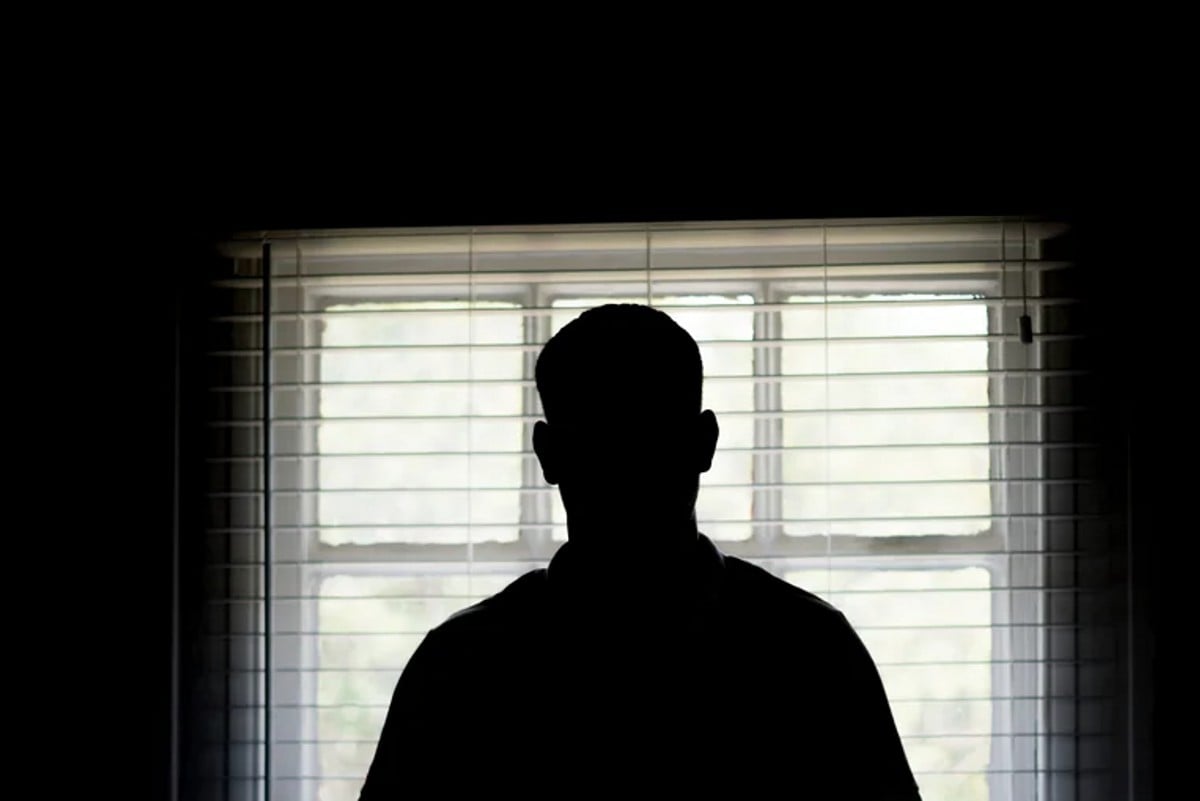
Content warning: This story includes descriptions of domestic abuse that may be distressing to some readers.
One of the first things the young mother — scarred, shaking and with two black eyes — said to police when they found her cowering in a bathroom, was that it was 'all her fault'.
Her husband, who cannot be named for legal reasons, had committed acts of violence and coercive control so severe over the preceding three years that he would eventually be convicted of the rare Commonwealth offence of causing a person to enter into or remain in servitude.
Under Australian Commonwealth law, servitude, as defined within Division 270 of the Criminal Code, is "criminalised as a slavery-like practice, punishable by imprisonment, and includes the condition of a person who is not free to stop providing services or leave the place where they provide services."
AAP reports that the man pleaded guilty to the offence in the Victorian Supreme Court, along with two counts of assault, where Justice Jane Dixon sentenced him for up to 12 years in jail.
"As well as being subjected to regular violent assaults, she was deprived of personal freedom and liberty in almost every aspect of her life," Justice Dixon said during sentencing.
"The aggravated servitude in the present case involved a regime of extraordinary cruelty and tyranny perpetrated over a lengthy period."
The court heard that since 2020, the husband refused to allow his wife to seek medical care alone, even after she became pregnant. She was not permitted to use the toilet alone or attend university, and was forced to transfer all her money to him. He would leave the house to socialise, but locked his wife and their baby in a room while he did so, forcing her to send him videos to prove she was still imprisoned while he was out.




























































































